4th Crossing the Paleontological-Ecological Gap (CPEG) Meeting & 3rd Conservation Paleobiology Symposium
.jpg)
The 4th Crossing the Paleontological-Ecological Gap meeting and 3rd Conservation Paleobiology symposium will be held jointly, from July 27 to August 1, 2025, at the University of Zurich, Switzerland
The CPEG meeting aims to bring palaeontologists and ecologists together to share ideas, data and methods in research areas that are studied by both, but typically independently (e.g., community and population ecology, food web dynamics, extinction mechanisms and conservation). On this occasion, the meeting will be merged with the 3rd Conservation Paleobiology Symposium to promote the application of palaeobiological and ecological records to the conservation, management, and restoration of biodiversity.
Venue
The meeting will take place at the University of Zurich, in Zurich, Switzerland. Specifically, it will be held at the Universitaet Zentrum - Central Campus, which is a 15-minute walk up-hill or a 10 minute tram ride from Zurich main station (Zürich Hauptbahnhof, HB). This is a central area with plenty of options for accomodation and dining nearby. A detailed guide to the venue is available here.
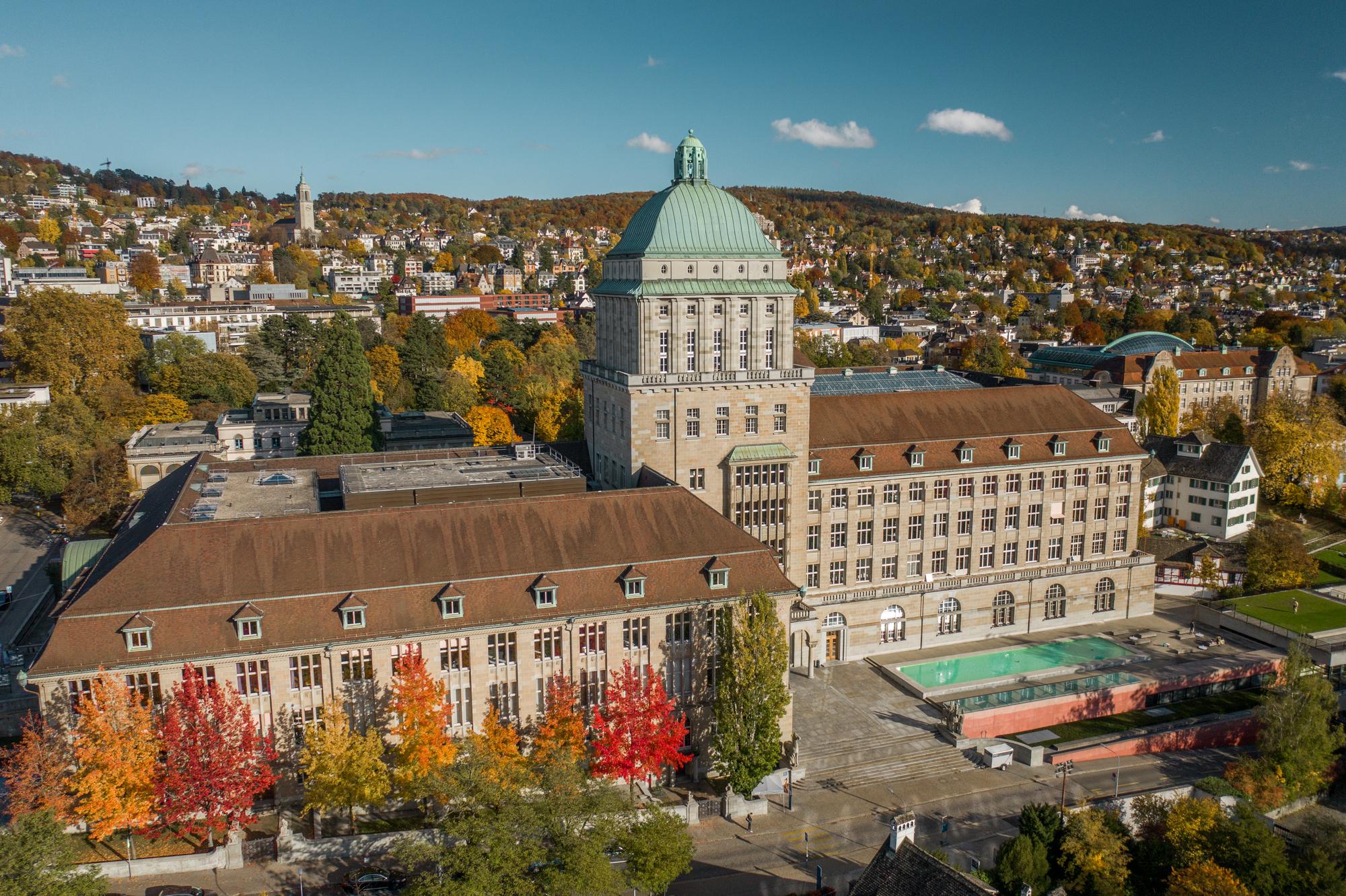
The meeting
We are planning a six-day (Sunday to Friday) meeting without parallel sessions. We will offer two in-person workshops on Sunday, July 27th and a field trip on Friday, August 1st. Two additional virtual workshops will be offered prior to the meeting. From Monday to Thursday, we will host keynote addresses, oral presentations and lightning talks. During these days, lunch and coffee breaks will be provided for attendees. A welcoming reception and a poster session will take place on Monday at the Natural History Museum. Awards will be given for the best student oral and poster presentations and for travelers’ lowest carbon footprint (corrected for distance). We aim to ensure a balanced program that includes a wide range of topics and perspectives, as well as equal opportunities in terms of gender, underrepresented backgrounds, and career-stages.
Format
Our meeting will be hybrid. We will offer the option for virtual participants to deliver pre-recorded talks with questions from the audience, and we will stream all talks to accommodate participants who cannot attend in-person due to geo-political, financial, or other logistical constraints.
Keynotes
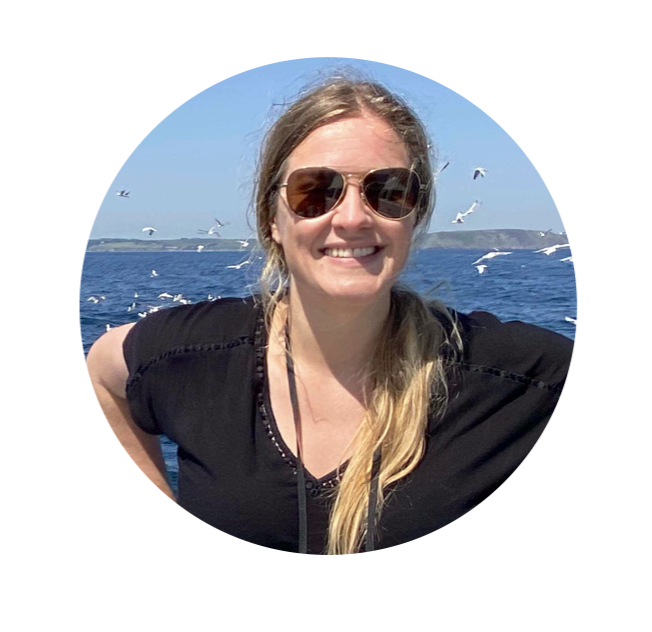
Ruth Thurstan
Senior Lecturer | Centre for Ecology and Conservation | University of Exeter
marine historical ecology | biogenic ecosystems | mixed-methods | local ecological knowledge | archives
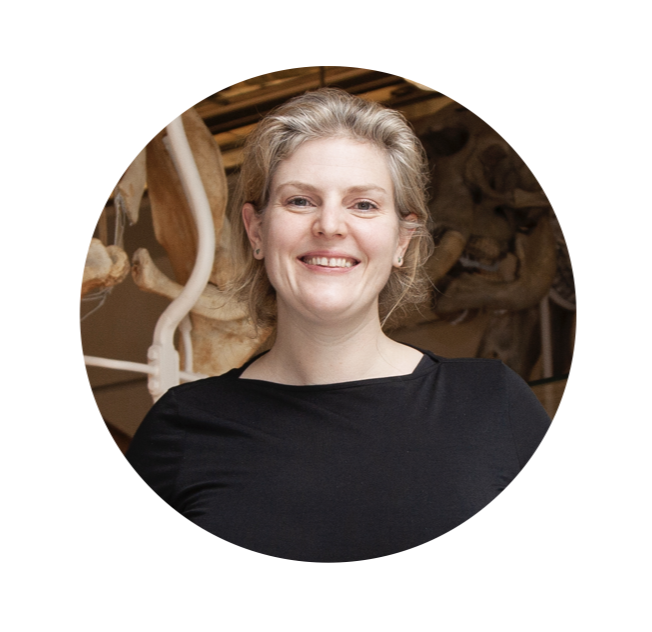
Emily Mitchell
Assistant Professor | University of Cambridge || Curator of Invertebrates incorporating the Watson Curator of Malacology
ediacaran life | community ecology | marine ecology | origins of animals | networks
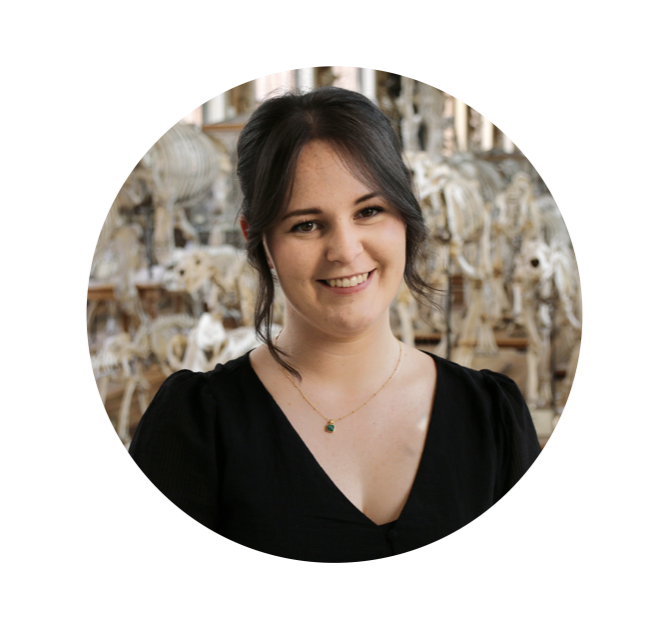
Emma Dunne
Lecturer and Researcher | Palaeontology, FAU Erlangen-Nürnberg
climate change | terrestrial tetrapods | biogeography | biodiversity | deep-time
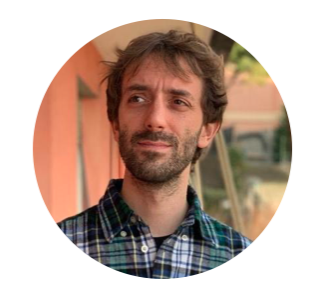
Daniele Silvestro
Staff of Professorship for Computational Evolution | ETH Zurich
computational paleobiology | conservation | artificial intelligence | evolution | bayesian statistics
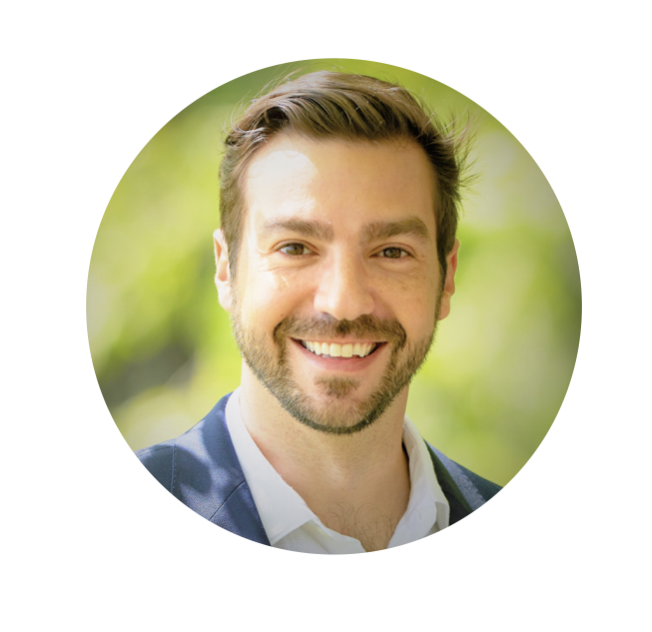
Oskar Hagen
PostDoc | German Centre for Integrative Biodiversity Research (iDiv)
biogeography | macroecology | eco-evolutionary dynamics | process-based modelling
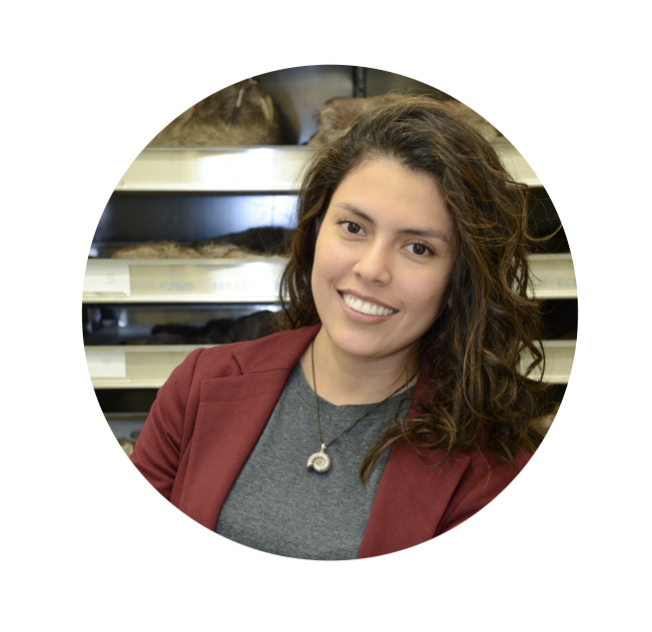
Julia Tejada (virtual)
Assistant Professor | Division of Geological and Planetary Sciences | California Institute of Technology
paleoecology | stable isotopes | evolutionary biology | trophic dynamics | Amazonia
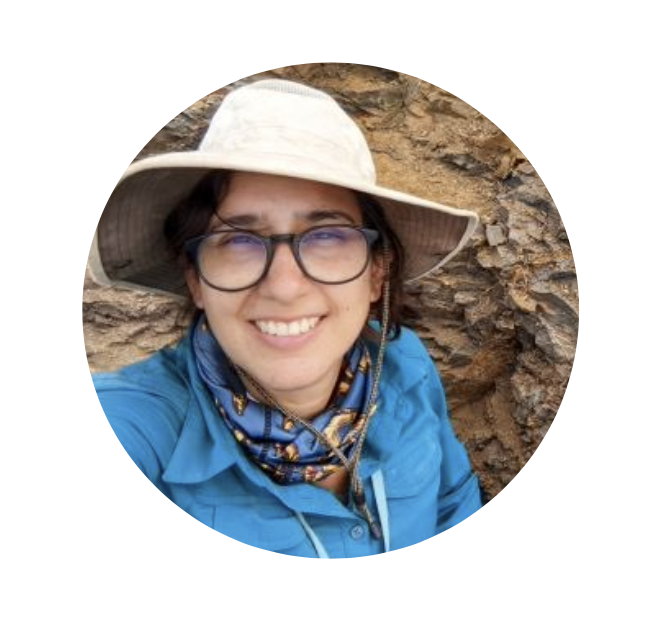
Mónica Carvalho (virtual)
Assistant Professor and Curator | Museum of Paleontology | Department of Earth and Environmental Sciences | University of Michigan
terrestrial ecosystems | plant ecology | climate change | deep-time | tropical ecosystems
Workshops
In-person (Sunday, July 27)
- Building open data science skills in paleobiology and ecology
Instructors: Erin Dillon, Lewis Jones, William Gearty and Bethany Allen.
More information
- Deep Learning for Macroevolutionary Analyses
Instructors: Daniele Silvestro, Torsten Hauffe, Juan L. Cantalapiedra, Fernando Blanco, and Rebecca Cooper.
More information
Virtual (Monday, July 21 and Wednesday, July 23 )
- Improving your communication skills with storytelling
Instructors: Soledad De Esteban-Trivigno (Transmitting Science, Spain).
More information
- The individual career: beyond the “job for life” model
Instructor: Haris Saslis (Transmitting Science, Greece).
More information
Field trip (Friday, August 1)
An excursion will be offered on the last day of the meeting. In the morning, participants will visit the Holderbank quarry, a Jurassic outcrop famous for its rich fossil deposits. In the afternoon, participants will head to Lenzburg, where they will visit one of Switzerland’s oldest castles. This excursion offers an opportunity to explore one of many Swiss paleontological sites and experience a bit of Swiss history, providing a relaxing and informative end to the meeting, as well as another chance to network. More information
Student events
Roundtable lunch (Tuesday, July 29)
Students, postdocs, and professionals working in or interested in conservation palaeobiology are encouraged to network during a formal roundtable lunch organised by the CPN student panel on Tuesday, July 29 (exact location and time TBD) . Professionals will introduce themselves and their research and postdocs and students will rotate tables to engage in a variety of discussions. Food will be provided. Registration is required using our online registration platform (see below) at no extra cost.
Informal dinner (Wednesday, July 30)
Students and postdocs are invited to an informal gathering at a nearby restaurant (location TBD). A form will be sent at a later date to gauge interest and choose a suitable venue to accommodate everyone, but anyone is more than welcome to show up without registering. We hope that this will be a welcoming space for people to get to know each other and the CPB community better.
Registration, abstracts and financial aid
All attendees (in-person and virtual) need to register using our online registration platform. More information
Registration fees will be waived for all participants residing in low-income* countries. To access this waiver, proof of your residence should be sent to cpeg-cpb25@pim.uzh.ch. This could be a current student card or an official letter from your employer.
We will also provide financial support to at least 3 students or postdocs currently residing in low-income* countries to attend in person. To apply for this grant, please submit a cover letter and CV to: cpeg-cpb25@pim.uzh.ch by February 15, 2025.
*Low-income countries are those with a HDI index < 0.85 as defined here.
Important dates:
Abstracts:
- Submission Opens: November 18, 2024
- Submission Deadline: February 15, 2025
- Review Period: February 15 – April 1, 2025
-Decision Notifications: April 1, 2025
Registration:
- Early bird: November 18, 2024 - April 1, 2025
- Regular fee: April 2 – May 30, 2025
- Late fee: June 1 – July 26, 2025
- On-site: Only July 27
Travel grants for students and postdoc residing in low-income countries:
- Application deadline: February 15, 2025
Accepted abstracts will be published in an open access repository with a citable DOI (e.g. Zenodo).
Sustainability and justice
We seek ways to keep our carbon emissions as low as possible in the planning and delivery of this meeting, and to provide options for students and other attendees from low-income countries to participate. Accordingly, we will take the following actions:
- We are inviting keynote speakers who can/are willing to reach Zurich by train (and additional virtual keynote speakers)
- We will ensure gender and career-stage balance in our contributors
- We will provide exclusively vegetarian, locally-sourced and seasonal food
- We are seeking funding to make the registration fee as affordable as possible for all participants.
- We will provide financial support to at least 3 students or postdocs currently residing in low-income countries (middle HDI and developing countries with a HDI index < 0.85 as defined here) to attend in person.
Organising committee
Conveners: Catalina Pimiento and Kristína Kocáková, Department of Paleontology, University of Zurich. Scientific committee: Erin Dillon, Smithsonian Tropical Research Institute, Panama | Juan David Carrillo, Department of Biology, University of Fribourg | Lewis Williams, Biosciences Department, Swansea University | Fernando Blanco, Department of Biological and Environmental Sciences, University of Gothenburg | Juan Cantalapiedra, Museo Nacional de Ciencias Naturales, Madrid. Logistics and event coordination: Morgane Brosse and Taylor Norris, Department of Paleontology, University of Zurich. Volunteer team: Merle Greif, Amin El Fassi El Fehri, Mathilde Le Pallec, Yiwei Hu, Jordan Bestwick, Kévin Le Verger, Stefanie Herter, Efe Arman and Jack Norton, Department of Paleontology, University of Zurich.
Social and Contact
